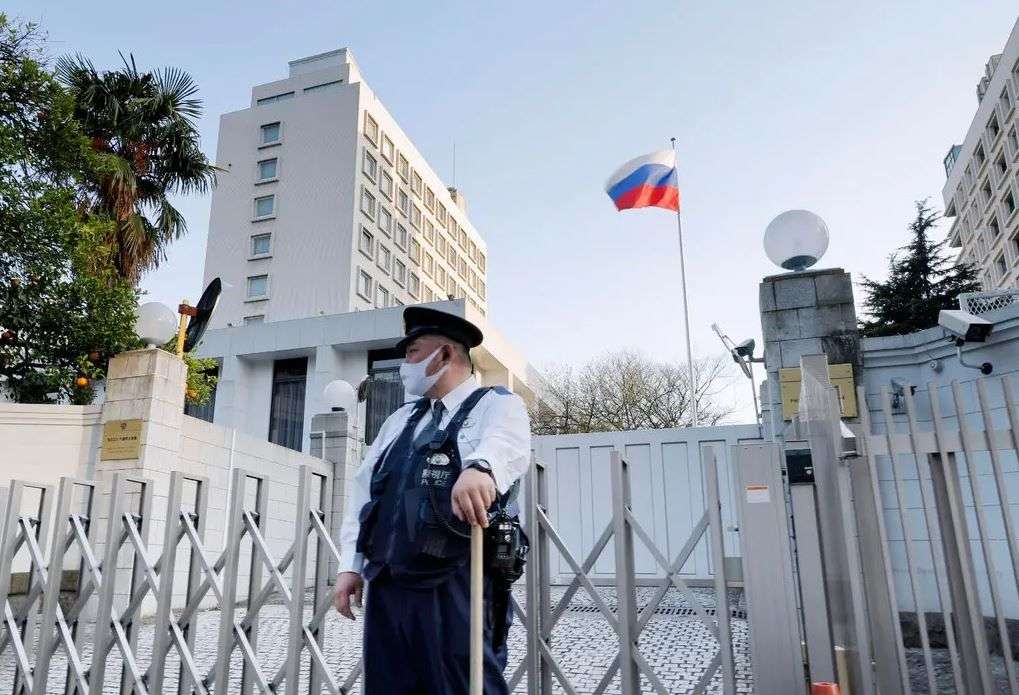On Friday, Japan’s Foreign Ministry summoned Russia’s envoy, citing mass civilian killings as war crimes, according to a statement from the ministry.
After Russia invaded Ukraine in late February, Japan acted quickly to deliver help to Ukraine and impose economic penalties and sanctions on Russian persons and businesses, marking a dramatic reversal from previous instances of Russian aggression against its neighbours.
Hundreds of persons and organisations were added to Japan’s Russia sanctions this week, and the country said it will freeze the assets of two of Russia’s largest banks, Sberbank and Alfa Bank, which are also subject to US penalties. Mr. Kishida further stated that fresh investment in Russia will be prohibited.
Moves to limit Russia’s energy imports might be costly for Japan, which is resource-poor and largely reliant on foreign fossil fuels for power generation. Mr. Kishida stated that the government will wean itself off of Russia’s reliance on renewable energy and nuclear power, actions that would take time and be politically problematic. After the Fukushima nuclear plant disaster in 2011, which was one of the worst in history, Japan shut down most of its nuclear plants.
Japan imports considerable amounts of liquefied natural gas from Russia in addition to coal. Mr. Kishida stated last week that the country will not withdraw from oil and gas joint ventures with Russian state-owned enterprises in northern Japan.
According to a Friday editorial in the Yomiuri Shimbun, one of Japan’s major daily newspapers, the country should play a role in convincing Russian President Vladimir V. Putin that his invasion of Ukraine was wrong.
The publication stated, “The United States, Europe, and Japan must cooperate and raise pressure on Russia so that an invasion fails.”

